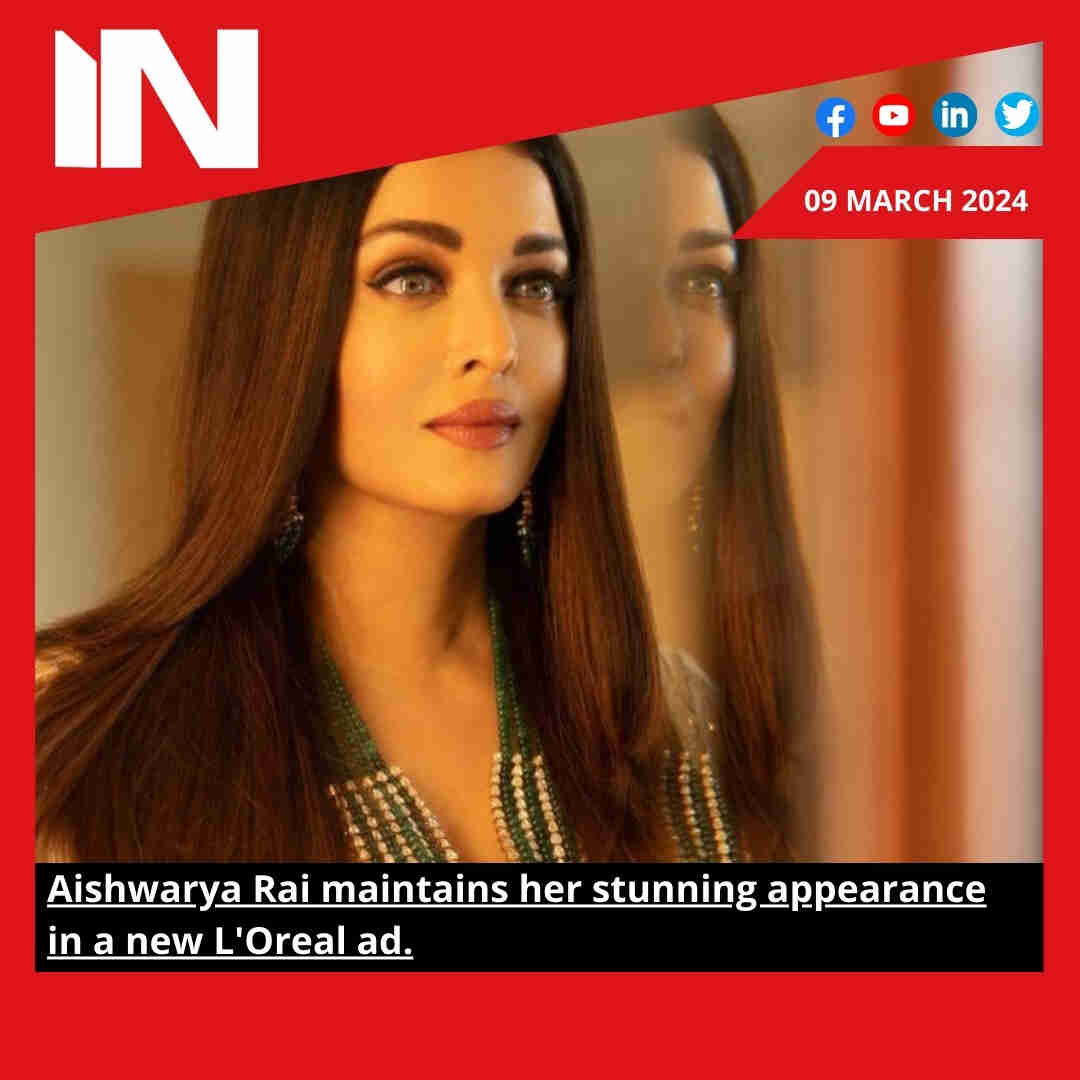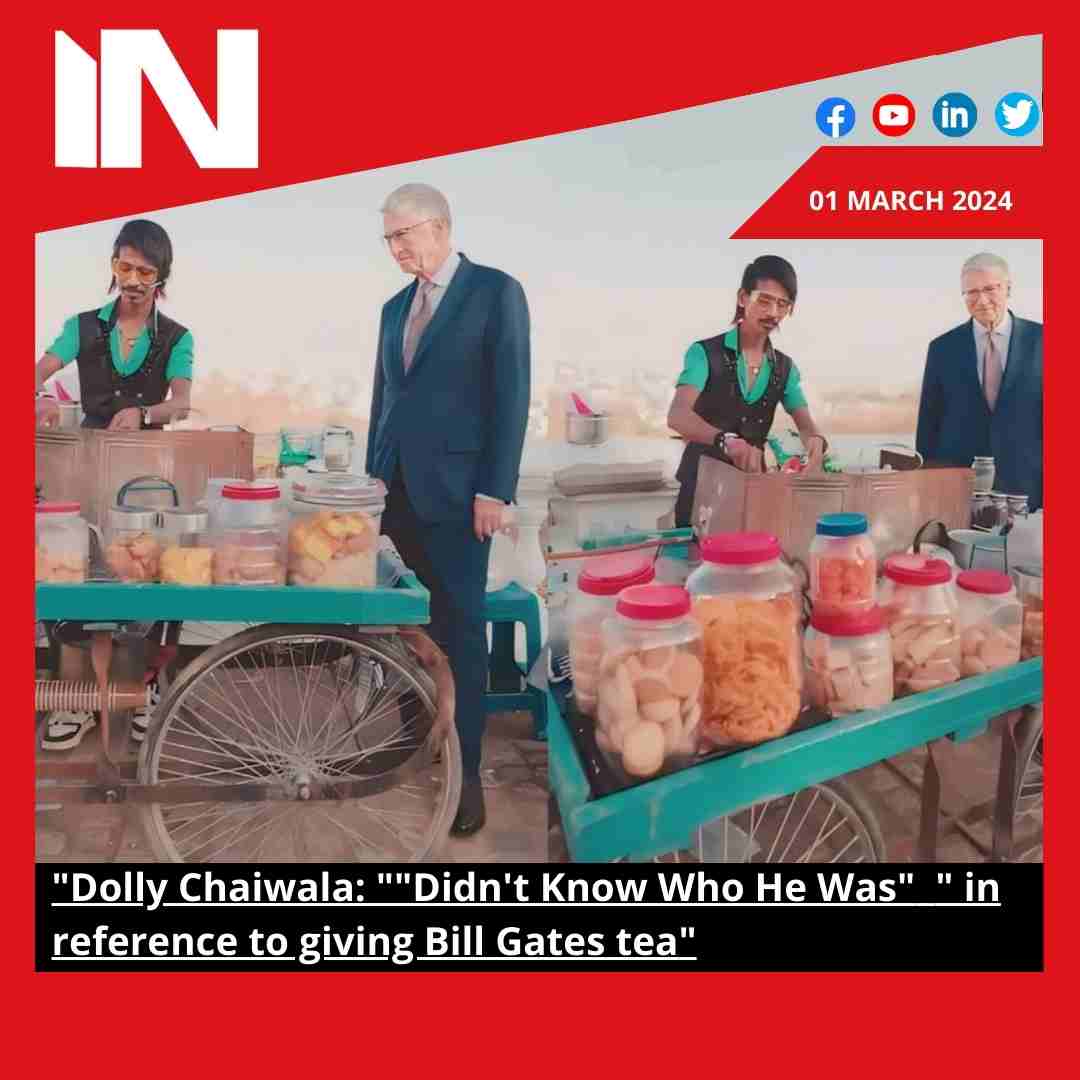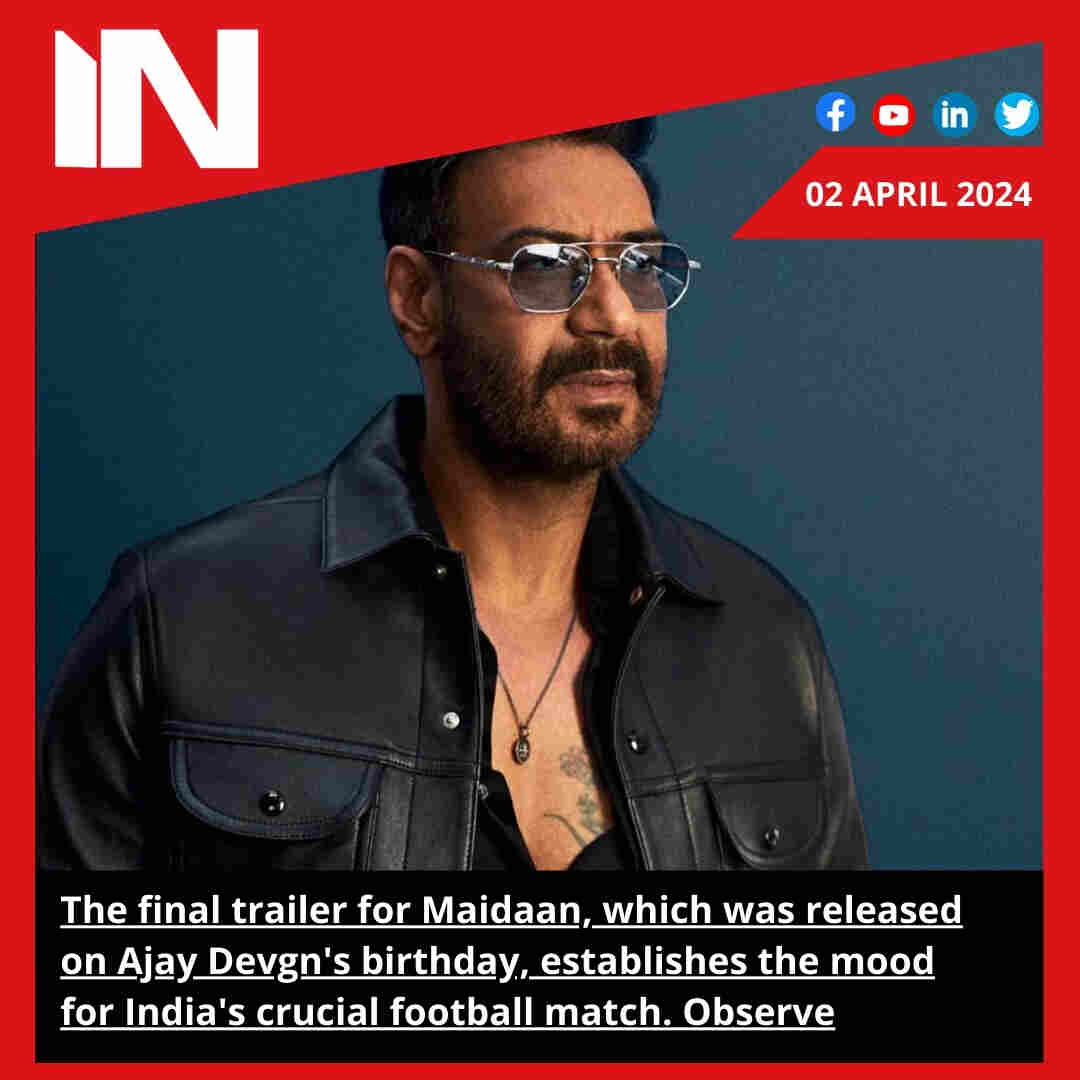India Hot Topics
Do You Know What NOTA Means?

If you do not like any candidate of any political party and you do not want to give your vote to any of them, then what will you do? The Election Commission (EC) has made such a system that a mechanism is developed in the voting system so that it can be recorded how many percents of the people have not considered it appropriate to vote for anyone.
NOTA means none of the above or none of these. Now you have another option in the election that you can press the button ‘None of these’. This option is NOTA. To suppress this means that you do not like any of the candidates contesting the election.
In the EVM machine, the button of NONE OF THE ABOVE i.e. NOTA is pink in color.
When was NOTA first used?
The Election Commission of India had directed to provide the option of None of the above, or NOTA button in the Electronic Voting Machine (EVM) in the December 2013 assembly elections. Votes cast on NOTA while counting votes are also counted. How many people voted in NOTA is also assessed.

This vote of not being ineligible, untrustworthy and unqualified or disliked by any candidate of the public through election (NOTA) is simply a message of how many percents of voters do not want any candidate.
When the system of NOTA was not in our country, then you did not vote in the elections and lodged your protest. In this way, your vote gets lost. To solve this, the option of NOTA was brought so that the integrity of the election process and politics could be maintained.
Nota option is applicable in many countries including India, Greece, Ukraine, Spain, Colombia, and Russia. Prior to the use of EVM in elections, when ballot paper was used. Even then the voters had the right to register their protest leaving the ballot paper blank. This meant that voters do not like any candidate contesting elections.
Rule 49-0 of the Voting Laws 1961 states, “If a voter reaches the vote and after entry in Form 17A affixes his signature or thumb impression on the register under sub-rule (1) of Rule 49L and thereafter If it decides not to register the vote, its record is recorded in the register. “
This is mentioned in Form 17A and the polling officer has to write a comment about it.
In the year 2009, the Election Commission informed the Supreme Court about its intention to provide an option of NOTA. Later, the civil rights organization People’s Union for Civil Liberties also filed a PIL in support of NOTA. On which, in 2013, the court decided to give the option of NOTA to the voters. However, later the Election Commission made it clear that NOTA votes will be counted but it will be kept in the category of canceled votes.
Also Read: VOTING BEGINS FOR DELHI ASSEMBLY ELECTIONS, 672 CANDIDATES IN 70 SEATS
Movie
The Madras High Court has granted early screenings of Vijay’s Leo movie from 7 AM, requesting the TN government to resolve any issues.
Madras High Court Grants Early Screenings of Vijay’s “Leo” Movie at 7 AM, Urges TN Government to Address Concerns
The Madras High Court has made a landmark decision in favor of the much-anticipated Tamil film “Leo,” starring actor Vijay. In a significant move, the court has granted permission for early screenings of the movie from 7 AM, urging the Tamil Nadu government to swiftly address any issues and facilitate the smooth release of the film. This decision marks a pivotal moment in the realm of Tamil cinema and the entertainment industry at large.
Historical Context:
The Indian film industry, particularly the Tamil film industry, has seen its share of controversies and challenges related to film releases. Issues such as censorship, political disputes, and public sentiment have often played a significant role in shaping the release schedules and screening times for films. Vijay, one of Tamil cinema’s most prominent actors, has been at the center of such controversies in the past. This decision by the Madras High Court is, therefore, particularly noteworthy.
The Ruling:
The Madras High Court’s decision to permit early screenings of “Leo” comes as a response to a plea filed by the film’s producers. The court, while considering the plea, took into account various factors, including the film’s anticipated popularity and the prevailing circumstances. The court emphasized the importance of accommodating the audience’s interests and allowing them to enjoy the film without disruptions.
A Step Towards Normalization:
The court’s decision signifies a positive shift in the film industry, where release dates and screening times are often mired in controversy. By allowing screenings to commence at 7 AM, the court aims to reduce the chances of public unrest and congestion near theaters, especially in the wake of high-profile film releases.
The Role of the Tamil Nadu Government:
The Madras High Court, in its ruling, also called upon the Tamil Nadu government to cooperate in ensuring a seamless release for the film. This cooperation extends to providing necessary security measures to maintain law and order around theaters during the early screenings.
Implications for the Entertainment Industry:
The decision is expected to set a precedent for the release of other highly anticipated films, not just in Tamil cinema but also in the broader Indian film industry. The court’s emphasis on the importance of accommodating the audience’s interests could lead to more flexible screening times for movies in the future.
The Audience’s Perspective:
For moviegoers and fans of Vijay, this decision comes as a welcome relief. They can now look forward to enjoying the film without any undue delays or disruptions, ensuring a memorable cinematic experience.
In conclusion, the Madras High Court’s ruling to allow early screenings of Vijay’s “Leo” at 7 AM while urging the Tamil Nadu government to resolve any issues paves the way for a more audience-centric approach in the film industry. It is a landmark decision that highlights the importance of balancing the interests of filmmakers and the movie-loving public. This judgment is poised to make a positive impact on the release of future films, ushering in a new era of flexibility and convenience for cinema enthusiasts.
Group Media Publications
Entertainment News Platforms – anyflix.in
Construction Infrastructure and Mining News Platform – https://cimreviews.com/
General News Platform – https://ihtlive.com/
Podcast Platforms – https://anyfm.in
-

 Bollywood2 months ago
Bollywood2 months agoAishwarya Rai maintains her stunning appearance in a new L’Oreal ad.
-

 health and remedies2 months ago
health and remedies2 months agoThe article discusses the potential health risks associated with swallowing dry ice
-
.jpg)
.jpg) Music1 month ago
Music1 month agoSidhu Moosewala’s father and baby brother feature on Times Square billboard; fans react. Watch
-
Bollywood3 weeks ago
Rasha, the daughter of Raveena Tandon, discusses how trolling affects her: “I think in processing it, feeling bad for a bit.”
-

 Entertainment2 months ago
Entertainment2 months agoThe Anant Ambani-Radhika Merchant pre-wedding bash in Jamnagar has received a list of guests.
-

 Trending2 months ago
Trending2 months agoDolly Chaiwala: “Didn’t Know Who He Was” in reference to giving Bill Gates tea
-

 Bollywood4 weeks ago
Bollywood4 weeks agoThe phrase “female-led projects” annoys Bhumi Pednekar. “It disgusts me deeply.”
-

 Trending2 months ago
Trending2 months agoOppo Reno 12 Pro Key Features Leak Online: Expected to Receive a 1.5K Display with a Density 9200+ SoC










.jpg)





